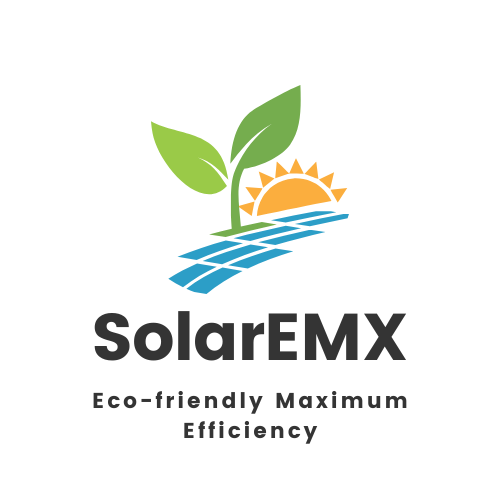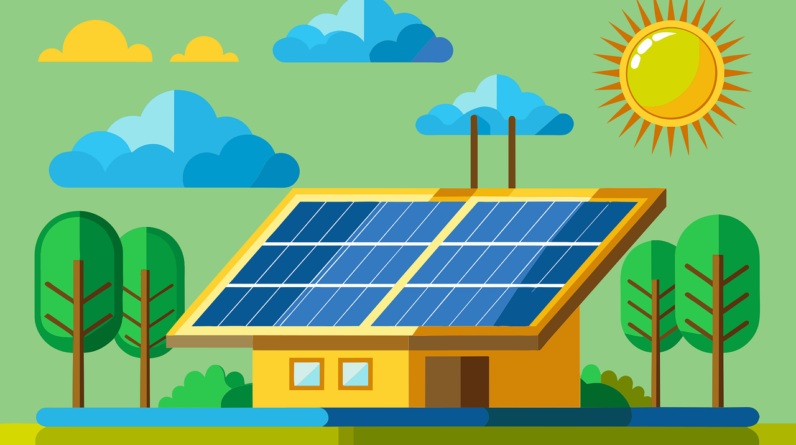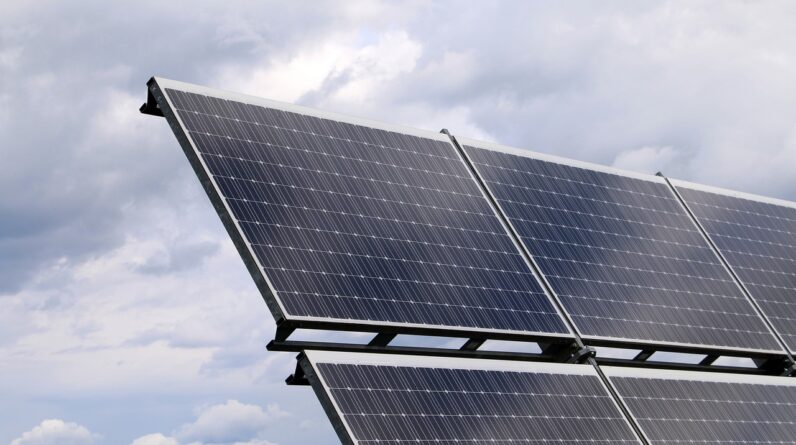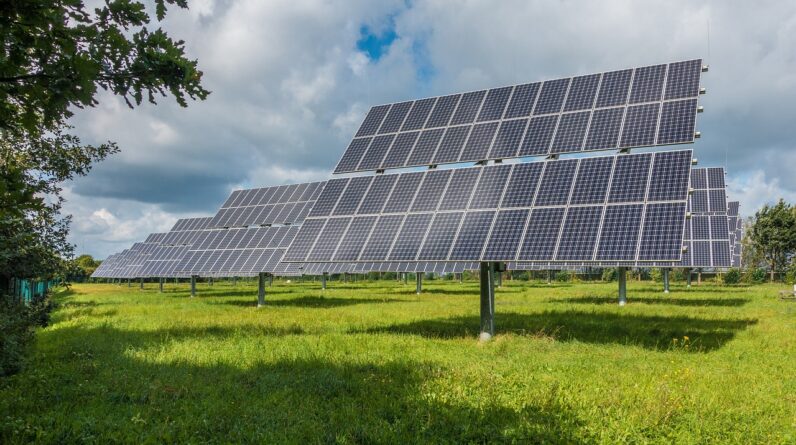
Discover how installing solar panels can boost your home’s value, lower energy bills, and contribute to a sustainable future in this insightful guide.
Have you ever wondered how adding solar panels to your home might impact its value?
Understanding Solar Panels
Solar panels are devices that convert sunlight into electricity. By harnessing the power of the sun, they provide a renewable energy source that can significantly reduce or even eliminate your electricity bills. This makes them an attractive option for homeowners looking to improve their energy efficiency and reduce environmental impact.
Types of Solar Panels
It’s important to know the different types of solar panels available, as this can influence both your energy savings and your home’s value. The main types are:
-
Monocrystalline Solar Panels: Known for their high efficiency and sleek appearance, these panels are made from a single crystal structure. They typically produce more energy in a smaller space, making them a popular choice for homeowners with limited rooftop space.
-
Polycrystalline Solar Panels: Made from multiple crystal structures, these panels are generally less expensive but also less efficient. They require more space to produce the same amount of electricity as monocrystalline panels, which can be a consideration if you have a smaller roof area.
-
Thin-Film Solar Panels: These panels are lightweight and flexible, making them easier to install on a variety of surfaces. However, they tend to be less efficient than the other types, requiring more space for installation.
Choosing the right type for your home involves balancing your budget, available space, and energy needs.
The Financial Benefits of Solar Panels
Installing solar panels can lead to significant financial benefits for homeowners.
Reduced Energy Bills
One of the most immediate benefits you’ll notice is a reduction in your monthly energy bills. Depending on the size and efficiency of your solar energy system, you may significantly lower or even eliminate your electricity costs. This means more money stays in your pocket each month.
Tax Incentives and Rebates
Many regions offer tax credits, rebates, and incentives for homeowners who install solar panels. These incentives can significantly reduce the upfront costs of installation. For instance, the federal solar tax credit allows you to deduct a percentage of the cost of your solar system from your federal taxes. Additionally, many states have their own incentives that can further sweeten the deal.
Increase in Home Value
Research shows that homes equipped with solar panels tend to sell for more than similar homes without solar energy systems. According to a study by the Lawrence Berkeley National Laboratory, homes with solar panels sold for an average of $15,000 more than comparable homes without them. This increase in value can potentially offset the initial costs of purchasing and installing the system.
The Environmental Impact of Solar Panels
Beyond financial considerations, solar panels offer a variety of environmental benefits.
Renewable Energy Source
Solar energy is a renewable resource, which means it won’t run out as long as the sun is shining. Using solar panels reduces your dependence on fossil fuels, which are finite and contribute to greenhouse gas emissions and climate change.
Reducing Your Carbon Footprint
By generating clean energy at home, you can significantly decrease your carbon footprint. This not only plays a part in reducing global warming but also contributes to improved air quality in your community.
Sustainable Living
Installing solar panels is a step towards sustainable living. By using renewable energy, you are actively participating in a more sustainable future and setting an example for others.

How Solar Panels Enhance the Value of Your Home
Now that you understand the financial and environmental impacts of solar panels, let’s explore in detail how they enhance your home’s value.
Market Demand for Solar Homes
Solar energy is becoming increasingly popular among homebuyers. Many potential buyers are looking for homes with energy-efficient features, including solar panels. This growing demand can lead to higher resale values for homes equipped with these systems.
Attractive Home Features
Homes with solar panels often have a unique selling point that sets them apart in a competitive market. Buyers may view the inclusion of solar panels as a modern and attractive home feature, translating to a higher perceived value.
Long-Term Savings
Potential buyers are often interested in the long-term savings associated with solar energy. By showcasing the financial savings on energy bills and potential tax benefits, you can demonstrate a tangible return on investment that can increase your home’s market appeal.
Factors That Influence the Increase in Home Value
While solar panels can enhance your home’s value, some factors play a crucial role in determining how much value they add.
Location
The impact of solar panels on home value can vary greatly depending on your location. In areas with higher electricity rates or more sunny days, solar panels can lead to greater savings and thus a higher value increase. Additionally, some regions have strong solar incentives, making homes with solar energy systems more appealing.
Age and Efficiency of the Solar System
The age and efficiency of your solar panels matter. Newer, high-efficiency panels will generally enhance your home’s value more than older, less efficient ones. If you’re considering an upgrade to your solar system, it can be a worthwhile investment.
Overall Condition and Features of Your Home
The overall condition of your home and its features can play a role in determining how much value solar panels will add. A well-maintained home with appealing features, such as energy-efficient appliances and good insulation, will likely see a greater value increase with added solar panels than a home in disrepair.
Solar Financing Options
If you’re considering solar panels but are concerned about upfront costs, several financing options are available to help you make the investment.
Cash Purchase
The simplest method is to buy your solar panels outright. This option requires significant initial investment but often provides the highest long-term savings. Owning your solar panels means you can benefit from all tax credits and incentives, maximizing your return on investment.
Solar Loans
Solar loans allow you to finance your system over time, making the initial investment more manageable. With this option, you don’t have to pay the full amount upfront, and you can take advantage of the energy savings while making monthly loan payments.
Leases and Power Purchase Agreements (PPAs)
Leasing your solar panels or entering into a Power Purchase Agreement (PPA) can also be a viable option. In a lease, you pay a fixed monthly fee to use the solar panels, while in a PPA, you pay for the electricity produced by the panels at a set rate, which is typically lower than your current electricity rates. While these options can reduce or eliminate your upfront costs, they may not provide the same level of financial benefits as owning the system.
Preparing Your Home for Solar Panels
If you’re considering installing solar panels, there are several steps to take to prepare your home.
Assessing Your Home’s Energy Needs
Evaluate your current electricity consumption. Reviewing past utility bills will help you understand your energy needs better. Knowing how much energy you use on average will guide your decision on the size of the solar system you’ll need.
Roof Inspection
Ensure your roof is in good condition before installing solar panels. An inspection will help determine if any repairs are necessary. If your roof needs to be replaced within the next few years, it might be wise to do that before installation, as removing the panels for roof work can be costly.
Permits and Regulations
Check local regulations and permitting requirements for solar panel installations. Different regions may have different guidelines, and adhering to these regulations is essential to ensure a smooth installation process.
Selecting a Reputable Installer
Choosing a qualified and reputable solar installer is crucial. Do thorough research, read reviews, and ask for recommendations to find a reliable installer who can provide the best service and support during the installation process.
Maintenance of Solar Panels
Once your solar panels are installed, maintaining them is essential to ensuring they continue to perform at their best.
Regular Cleaning
Keeping your solar panels clean allows them to operate efficiently. Dust, dirt, and debris can accumulate on the surface, reducing the amount of sunlight that reaches them. Depending on your location, it may be beneficial to clean them a few times a year.
Monitoring Performance
Regularly monitoring your solar energy system’s performance can help you identify potential issues early on. Many modern solar systems come with monitoring software that lets you track energy production and detect any drops in performance.
Professional Inspections
Periodically having a professional inspection of your solar system can ensure everything is operating correctly. Experts can check for any maintenance needs and ensure that the system is in good working order.
The Future of Solar Energy
The growth of the solar energy market continues to accelerate, and innovations in technology are making solar power more accessible and efficient than ever before.
Advancements in Solar Technology
New developments, such as improved battery storage solutions and enhanced solar panel efficiency, are paving the way for even greater energy savings. As technology advances, the potential for solar panels to enhance your home value will likely increase.
Incentives and Policy Changes
Changes in energy policies, subsidy programs, and incentives for renewable energy can impact the market for solar energy. Staying informed about potential changes can help you make the most out of your investment.
Conclusion
Considering the myriad benefits—from financial savings to environmental impact—installing solar panels can yield significant advantages for you and your home. By enhancing your home’s value, saving on energy bills, and contributing to a sustainable future, solar panels represent a wise investment.
If you’re pondering the switch to solar energy, remember to assess your needs, choose the right system, and work with experienced professionals. Joining the solar movement not only enhances the value of your home but also takes a step towards an eco-friendlier lifestyle, setting a positive example for those around you.






